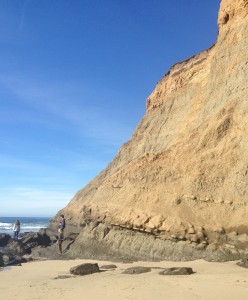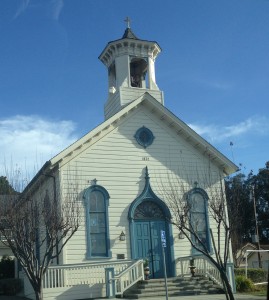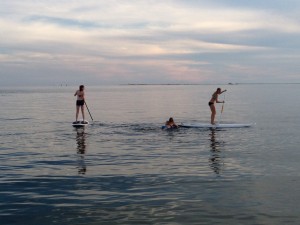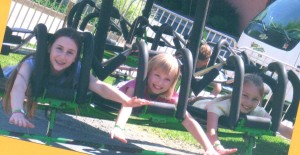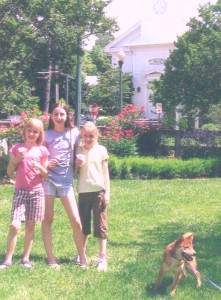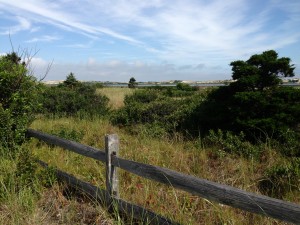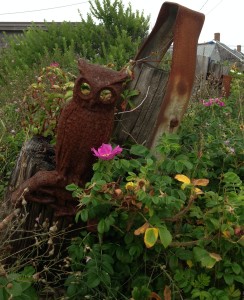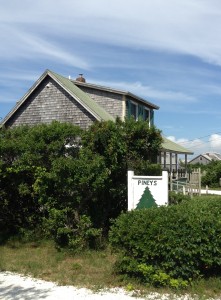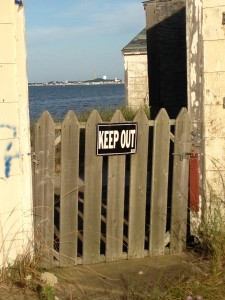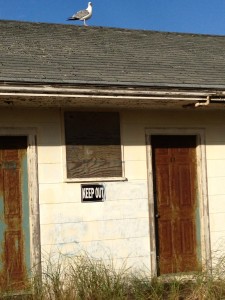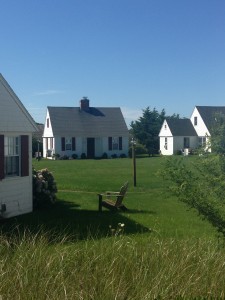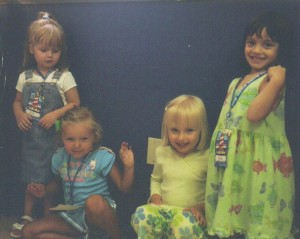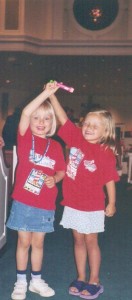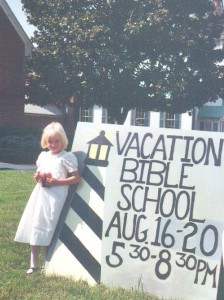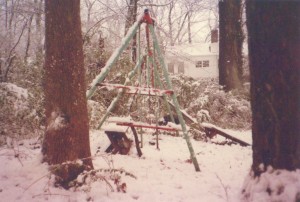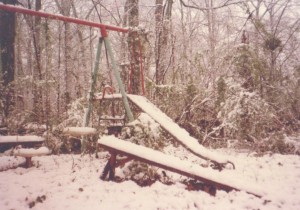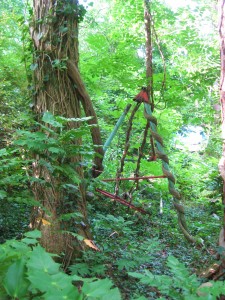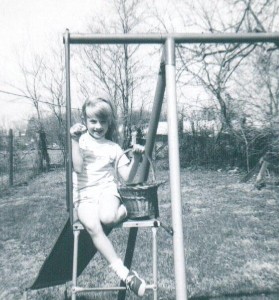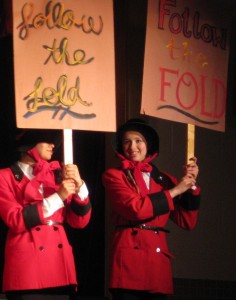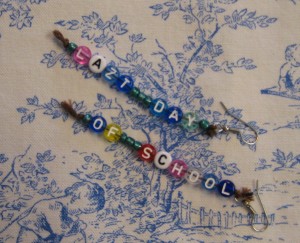To continue our tour of the northern California coast, we met up with good friends who had settled in Palo Alto to raise their family. Although we’d kept in touch through Christmas cards, it had been perhaps seventeen years since I’d seen my former housemate Laura, and probably twenty since I’d seen her husband. Laura and I became fast friends when we lived on the same small gray corridor of the New Graduate College in Princeton. Together with our buddy and hallmate Ben, we could face anything the weird world of ivy-league graduate study could throw at us. We considered ourselves a formidable trio. And, when we weren’t working hard, we sure had fun.
When Laura completed her master’s degree and landed a job at Bell Labs, she stayed in Princeton and we rented a funny little blue house on Humbert Street near the cemetary. More accurately, Laura rented it, and I provided her with pocket change. I was still a poor student, and she graciously let me share the house, accepting as payment no more than the fractional amount my stipend would allow. When our landlord sold that house, we moved across the borough to the lower level of a really lovely Victorian home on Murray Place. I was with Laura at a Grad School cookout when we met two new engineering students, one of whom would later become my husband. Our Murray Place house was conveniently near the E-Quad, where H spent his days in the lab. He often parked on our street, which made it easy for me to plan to run into him by accident. Laura was from New Jersey, with lots of family nearby. On many Thanksgivings, Super Bowl Sundays and various holidays when I couldn’t get back to Atlanta, they welcomed me as one of their own.
With such a foundation of shared history, a couple of decades is nothing. We picked up easily, and the years fell away. We met the children we had watched grow up in photographs. Laura’s son is sixteen, her daughter fourteen, with D right in the middle at fifteen. The kids had little trouble breaking the ice; it was almost as if they were old friends, as well. The same was true when D had the chance, several years ago, to meet Ben’s kids.
One of our coastal convoy’s first stops was Half Moon Bay, about thirty minutes south of San Francisco. This quaint town has gained worldwide renown for its proximity to the phenomenal surfing spot known as Mavericks. Until the 1990s, the enormous waves that develop under certain weather conditions were a closely kept local secret. Since then, though, the word has been out, and elite surfers cross the globe to catch the waves, prove themselves (and risk their lives) at Half Moon Bay.
Today, as I write, the conditions for those near-legendary waves are ideal. Twenty-four of the world’s top surfers, from as far away as Australia, South Africa and Brazil, are gathered at Half Moon Bay for the Mavericks Invitational surfing competition. Waves as high as forty-five feet are forecasted. Crowds have flocked to witness the action at waterfront hotels and restaurants. No one is allowed to observe from the beach, however, due to the unpredictable nature of the waves. Several years ago, a dozen spectators at Mavericks were injured by a rogue wave, an ever-present danger along this section of the coast.
In this Dec. 30 view of Half Moon Bay, looking toward the harbor,
the waters are deceptively calm.
The coast is rocky,
and the bluffs are steep. Sudden strong waves reared up periodically, seemingly out of nowhere, even on the day of our visit, when no surfers were out.
A view along Main Street.
The town’s historic Methodist Episcopal Church.
Another Main Street view. Flanked by mountains and the sea, lush with picturesque foliage, Half Moon Bay is one of those charming California towns that I had suspected existed only on movie lots.



